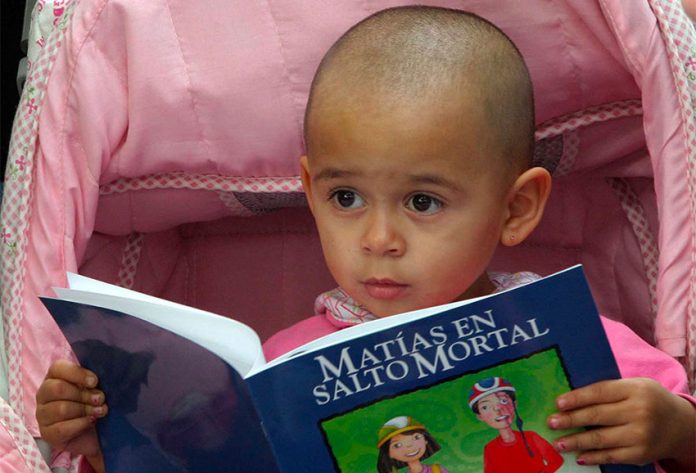The percentage of Mexicans who read has declined to a record low, according to a national survey, but those who do read are reading more.
Among literate adults, 71.6% read a book, magazine, newspaper or internet page in the 12 months ending February 2021, according to the results of a survey published this week by the national statistics institute, Inegi.
The percentage of literate adults who read has been declining since 2016, a year in which Inegi found that 80.8% of such people had read something in the previous 12 months. The latest result, a 0.8% decline compared to last year’s survey, is the lowest since the statistics institute began canvassing citizens’ reading habits.
The most recent survey also found that Mexican adults read an average of 3.7 books in the 12-month period, an increase of 12% compared to two years ago and 3% compared to one year ago. The average among women was slightly higher, at 3.9, and slightly lower among men, at 3.5.
Just over four in 10 respondents – 43% – said they had read at least one book during that time, an increase of 1.9% compared to the previous survey. That figure is 2.9% lower than that found by the 2016 survey.
Mexicans who have studied to a university level are much more likely to read than those who didn’t complete their basic school education, Inegi found.
Among the former cohort, nine of 10 said they had read a book, magazine, newspaper or internet page in the previous 12 months while only five in 10 of the latter cohort said the same.
People with a university education read for an average of 50 minutes per reading session while those who didn’t finish their school studies read for only 35 minutes.
About four in 10 respondents – 41.6% – said they mainly read for pleasure while 25.1% said that they read for professional or educational purposes. Just under one in five respondents said they read for “general culture” purposes – to keep up to date with what’s happening in the world or to have topics of conversation with friends – while 11.6% said that the motivation for their reading was religion.
The survey also found that the percentage of people who read e-books has increased from 6.8% in 2016 to 21.5% in February 2021. A similar percentage of respondents – 21.3% – read online newspapers, up from 5.6% in 2016.
However, the printed word is still far more popular than the digital one, Inegi found. More than 70% of respondents prefer physical books, magazines and newspapers over digital ones.
More than three-quarters of adults who read said that they received encouragement to do so at home and/or school, underscoring the importance of promoting reading among children.
“The promotion of reading at school and home is a path for social development,” Inegi said, adding that reading allows people to develop critical thinking skills and brings them closer to “expressions of culture.”
Among the respondents who said they hadn’t read anything in the previous 12 months, the most commonly cited reason was a lack of time. Other reasons for not reading included a lack of interest, a lack of motivation and a dislike for the practice.
Source: El País (sp)
